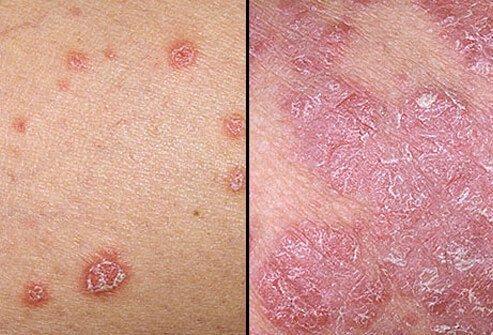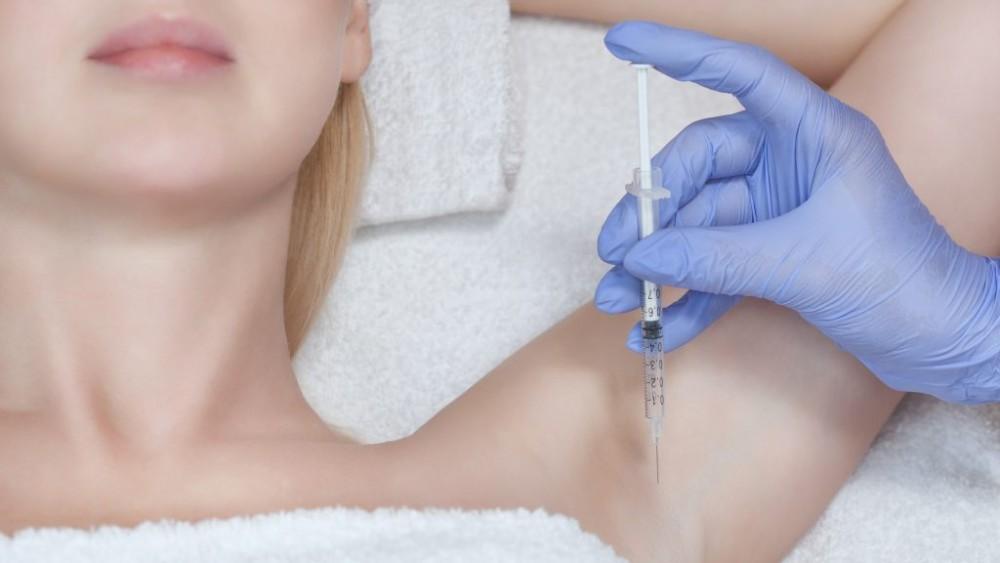
Psoriasis

What is it? While the exact cause of this skin condition is unknown, it is thought to be immune related. Psoriaisis can present itself as red, inflammed skin with scaly patches. This occurs because the overactive immune system speeds up skin cell growth thus causing a build up of skin cells. These scaly patches can appear anywhere on the body, but are most commonly found on the elbows, knees, and scalp.
There are five different types of Psoriasis:
- Guttate Psoriasis- this form affects about 8% of people. The signs of guttate psoriasis include small, round, red spots caused by inflammtion. It often appears on the arms, legs, and torso, but can affect all areas of the body.
- Pustular Psoriasis- Pustular psoriasis only affects about 3% of people living with psoriasis. The symptoms of this can be white, pus-filled, painful bumps that are surrounded by inflamed skin. This form generally appears on the hands and feet, but also may cover most of the body.
- Plaque Psoriasis- This is the most common form of psoriasis, affecting almost 80% of people that have this condition. The skin will appear inflamed with painful/ithcy white scales, although for others the plaques may appear more purple toned. Often times, plaques will appear on the scalp, knees, elbows, in or around the belly button, and the lower back.
- Inverse Psoriasis- Signs of inverse psoriasis include inflamed red skin that is smooth not scaly unlike the other forms of psoriasis. This form affects the skin folds such as underarms, under breasts, in the genitial areas, and buttocks. It can cause severe itching and pain, and may be worsened by sweat and rubbing in these areas.
- Erythrodermic Psoriasis- Erythrodermic psoriasis is rare. It can cause severe redness and the skin sheds in large sheets nearly affecting the entire body. This form of psoriasis can be life threatening. Other symptoms include severe itching, change in heart rate and temperature, dehydration and nail changes.
Is there a cure? There is no current cure for psoriasis, but there are many forms of treatment that can help you manage this condtion. This includes topical medications, light therapy, and oral and injectable medications.
If you are experiencing any of the these symptoms, it may be time to come see a doctor. Dr. Patel is a highly experienced dermatologist that can offer many treatments to help you manage this condition. Please call us today to schedule an appointment to discuss your personalized psoriasis treatment!
Phone: (805) 491-5992
You Might Also Enjoy...


Skin Cancer Awareness Month: Why Early Detection Matters

How To Make Your Toxin Injections Last Longer!

Filler Aftercare

Radiesse Filler


